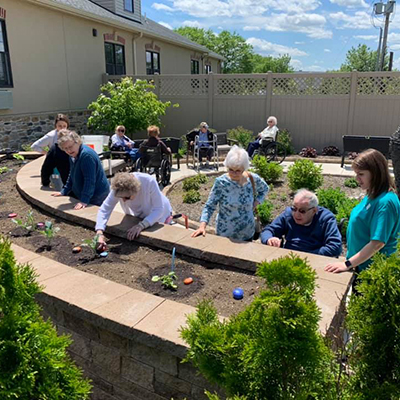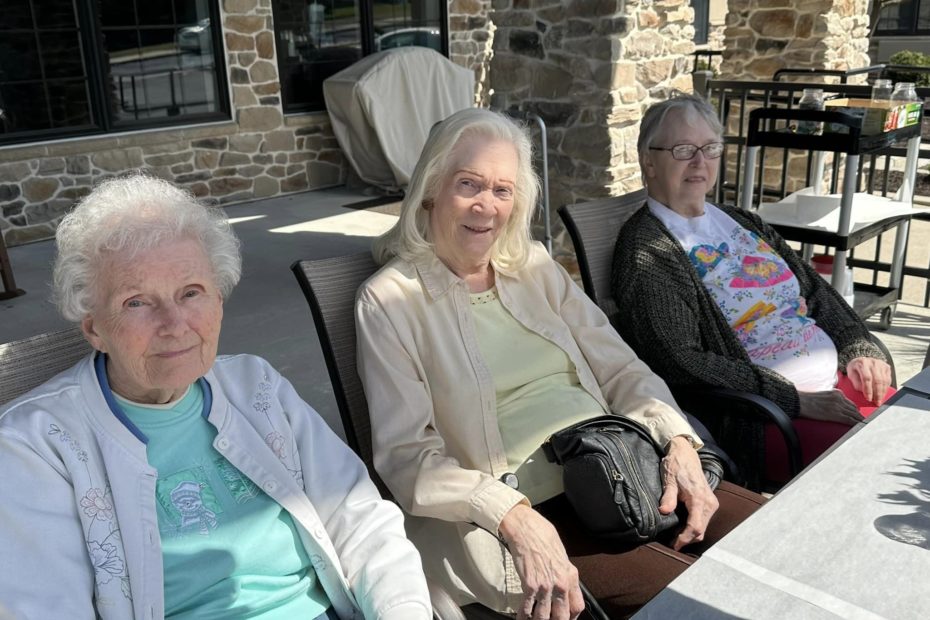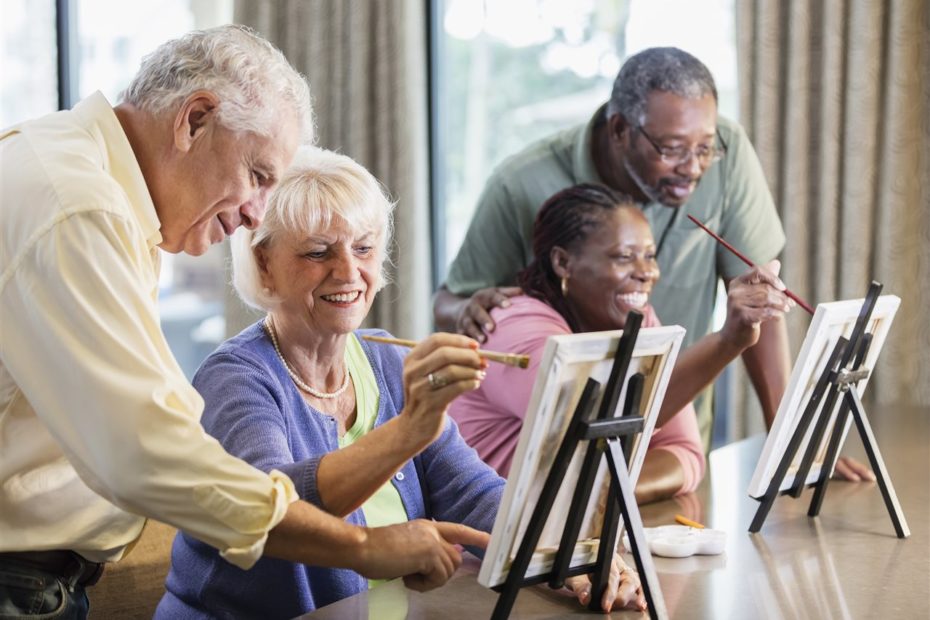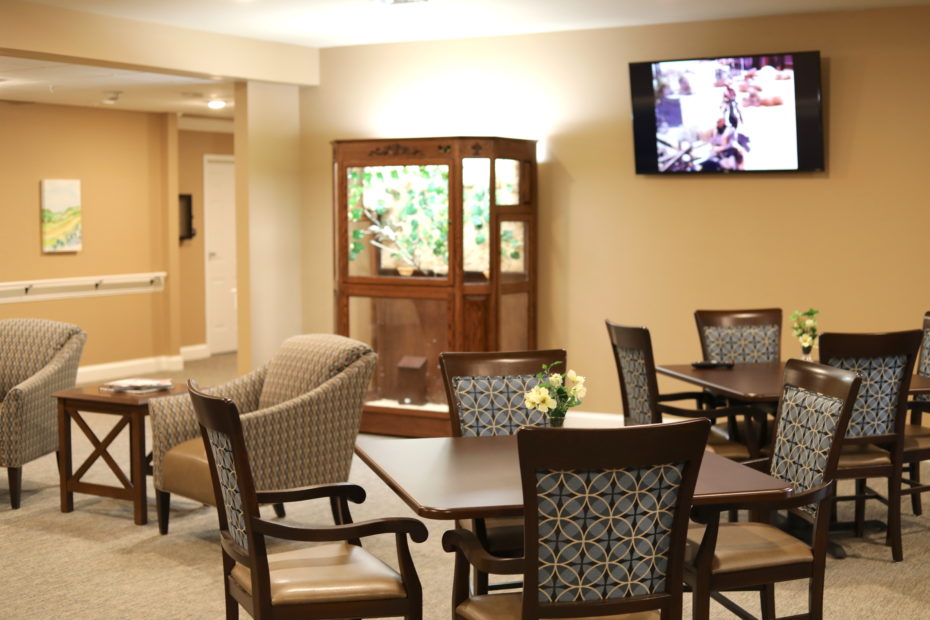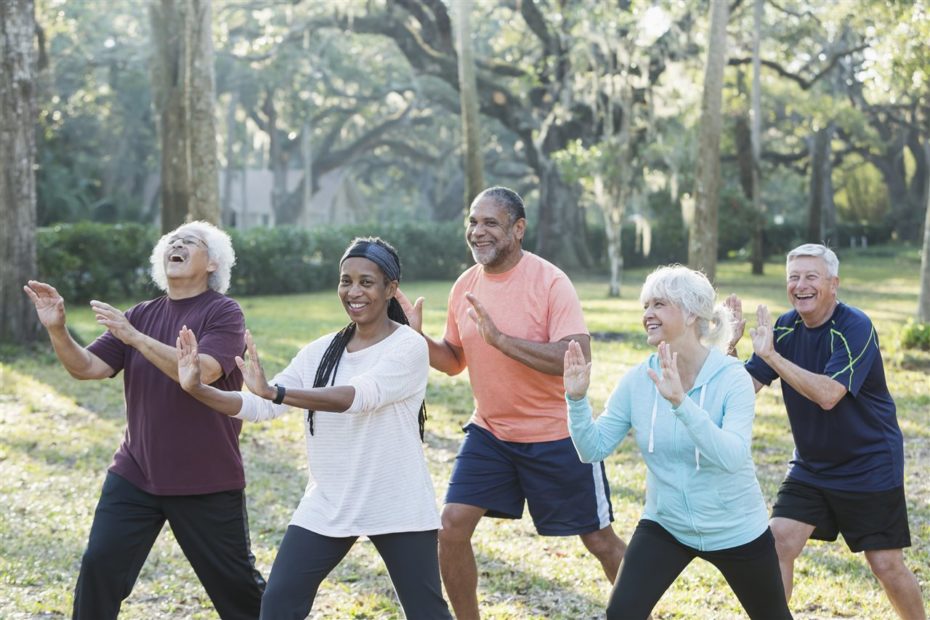Specialized Dementia Care Linked to Better Outcomes for Residents
In the Lehigh Valley, nursing home residents with Alzheimer’s disease or a related dementia have better outcomes when their facility specializes in dementia care, as is the case with South Mountain Memory Care in Emmaus.
